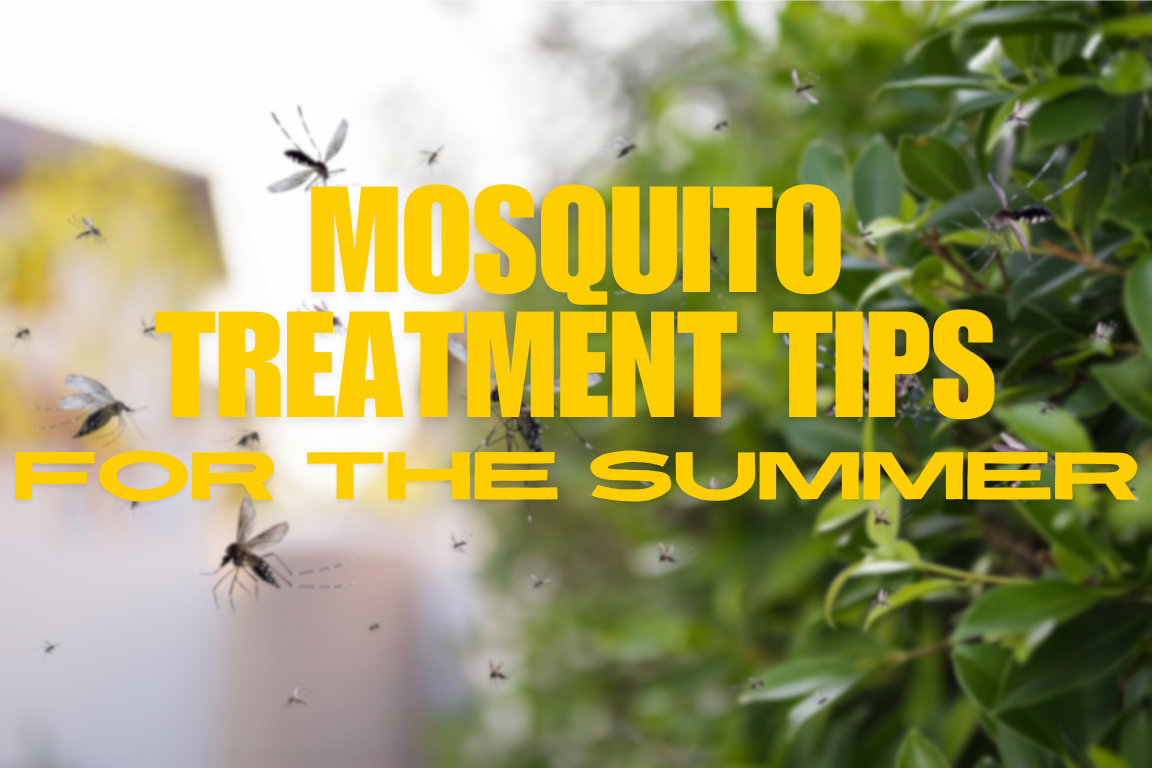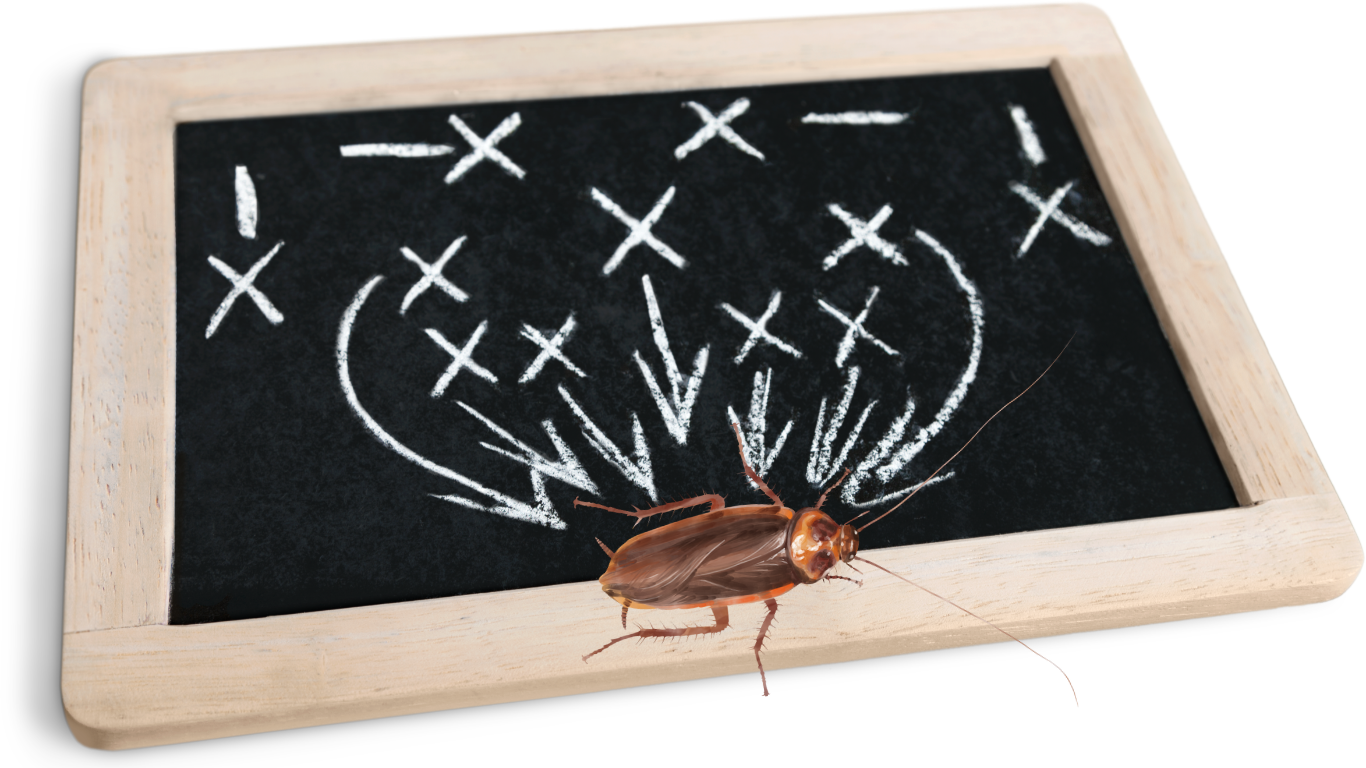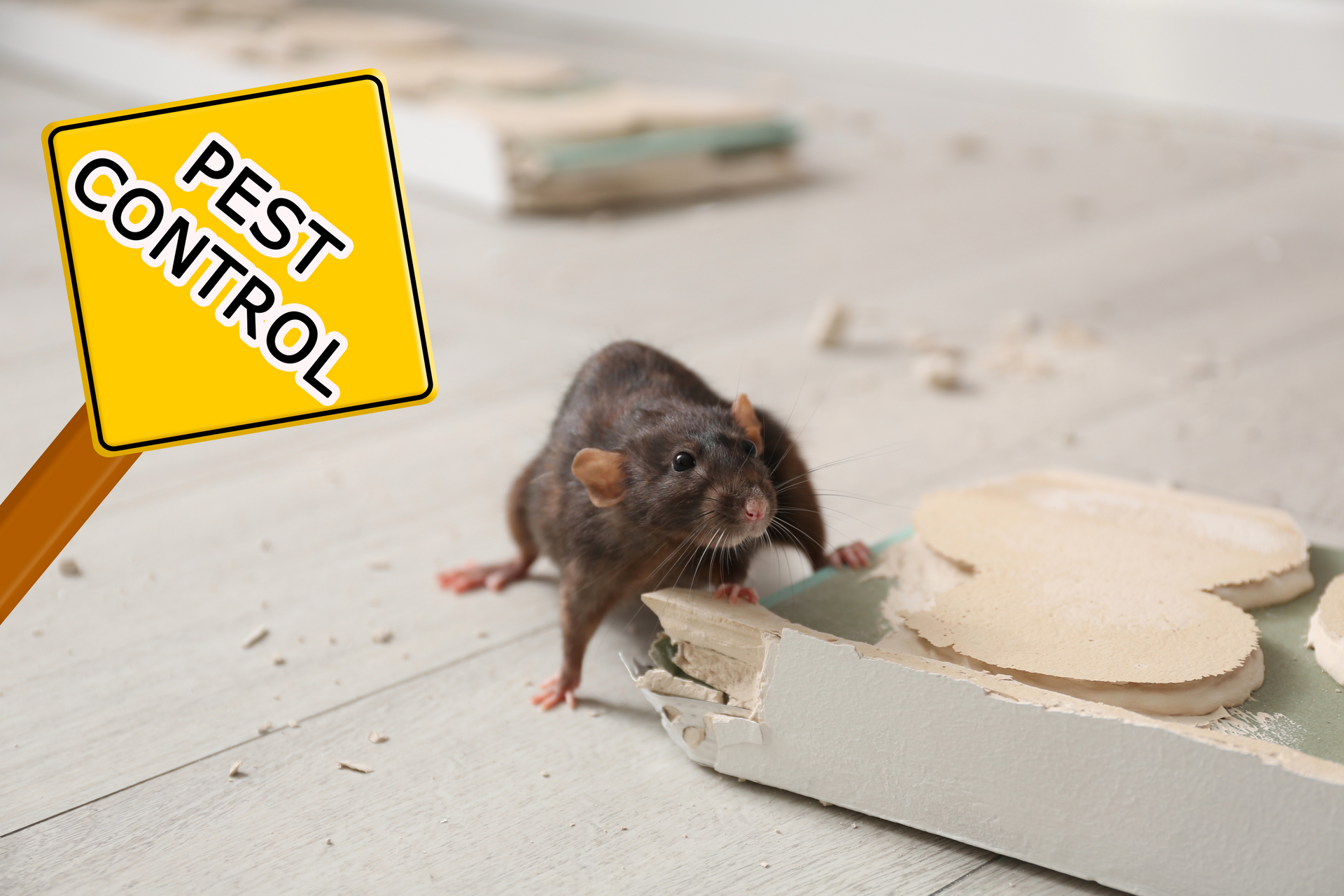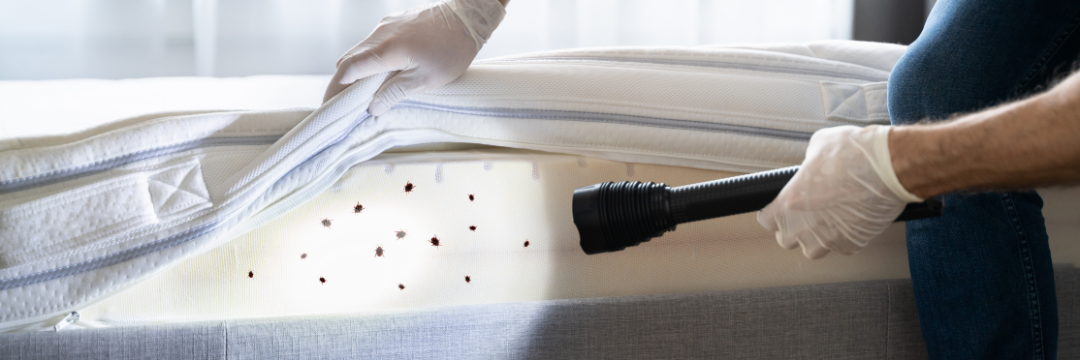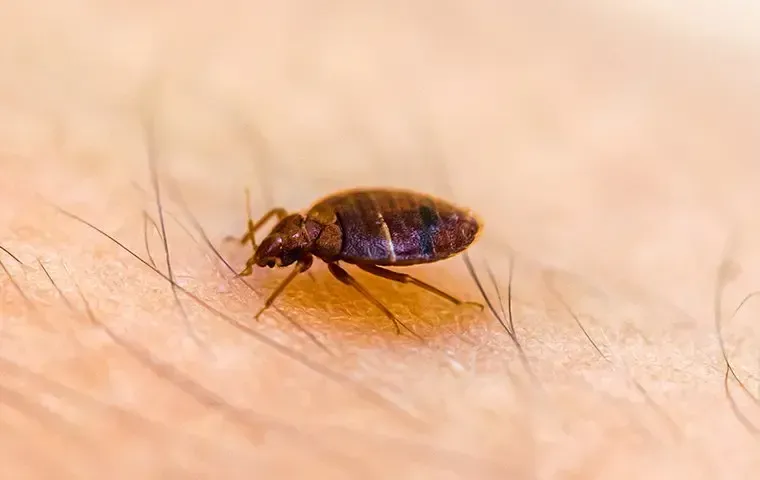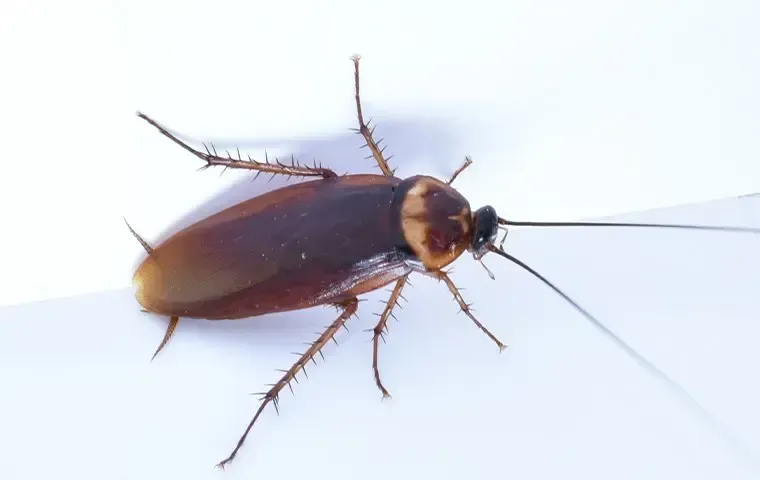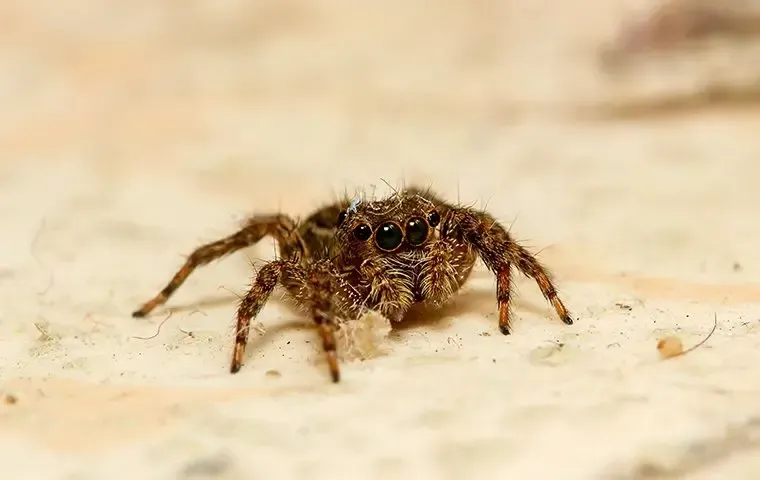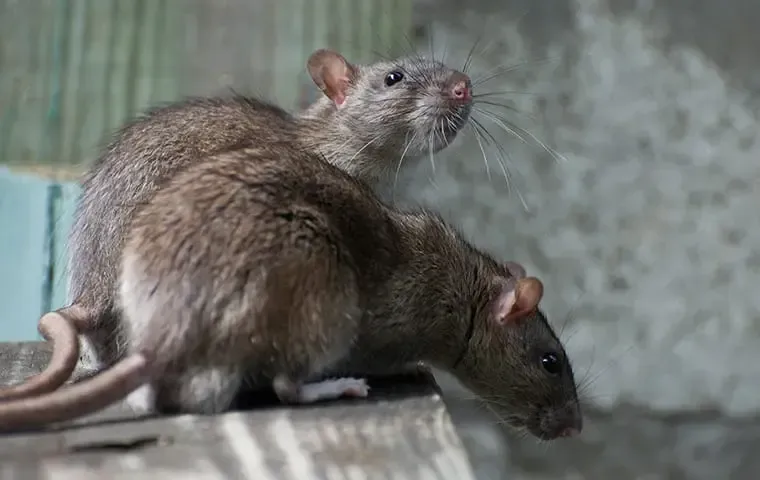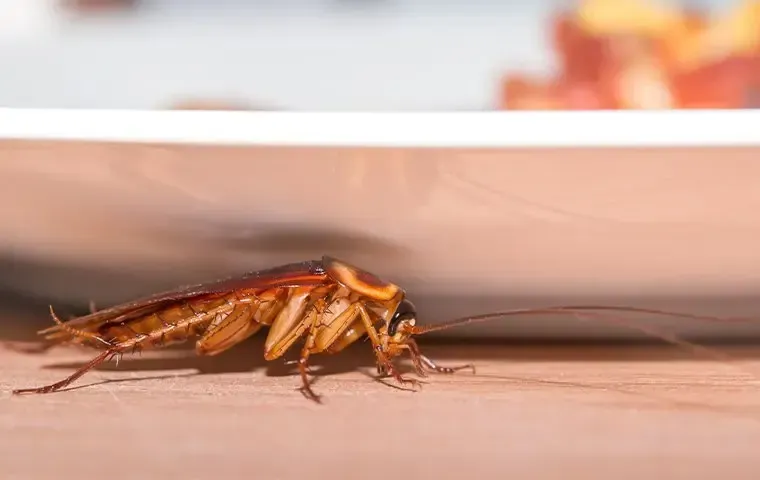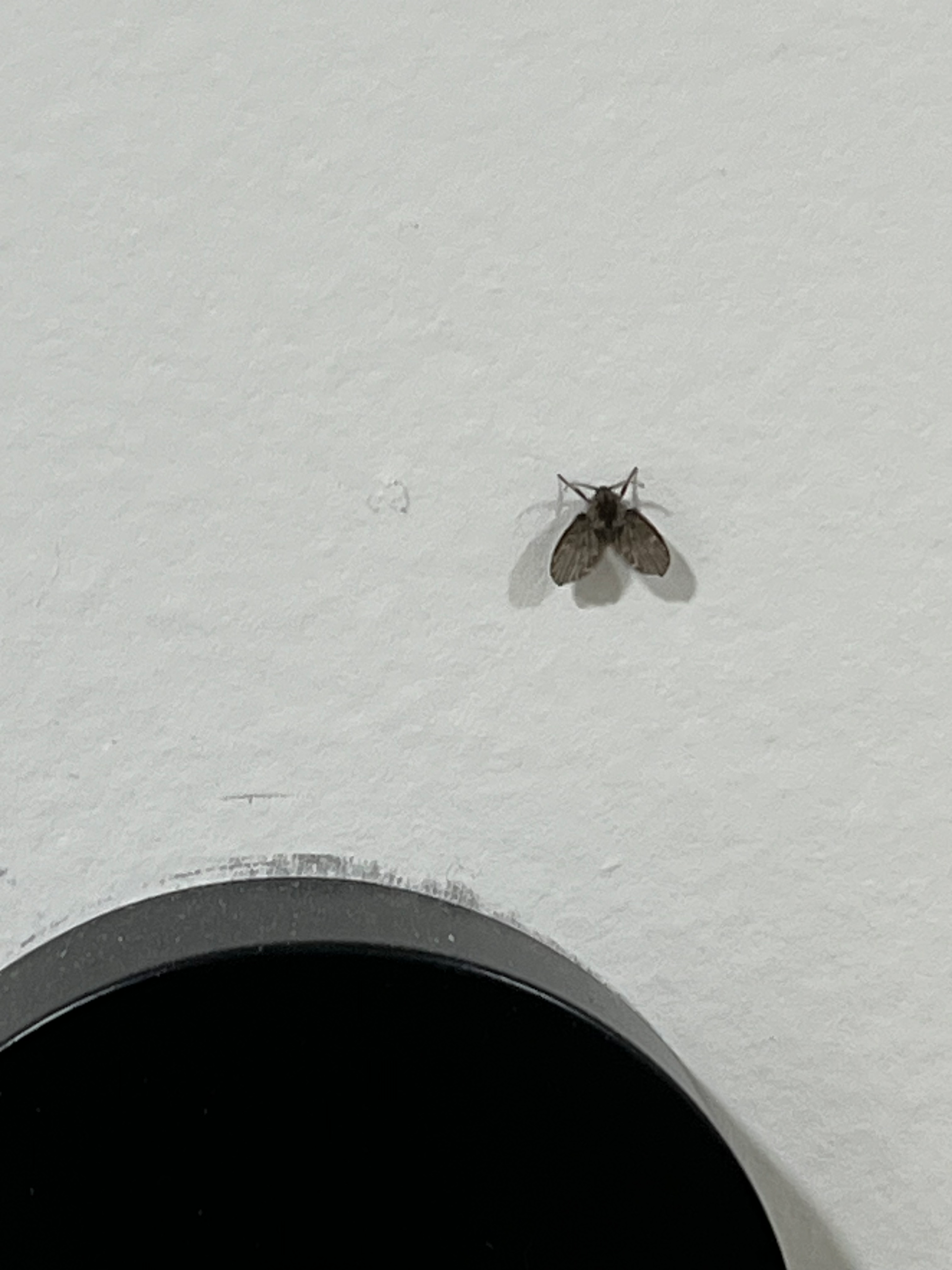The Ultimate Guide to Environmentally-Friendly and Organic Pest Control Options for Common Maryland Pests
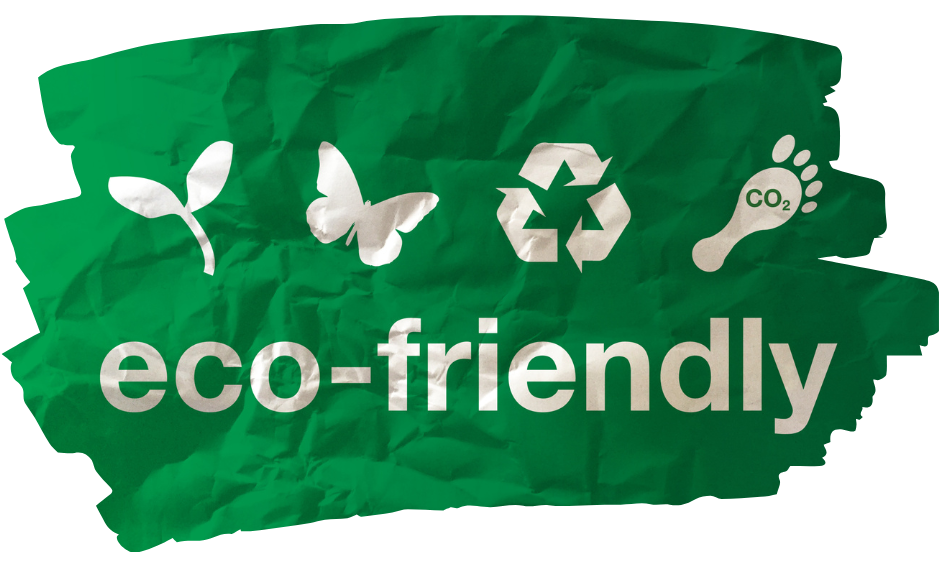
Are you looking for safe, non-toxic, and environmentally-friendly pest control options to get rid of the common Maryland pests in your home or business? Look no further - in this ultimate guide to organic and environmentally-friendly pest control options, we explain everything you need to know about organic pest control solutions for Maryland pests, from what methods are available and how they work to the benefits of non-toxic pest control.
The Benefits of Eco-Friendly and Organic Pest Control
Organic pest control is becoming increasingly popular as homeowners and business owners become more aware of the environmental and health risks associated with traditional chemical-based pest control methods. While these products are effective in eliminating pests, they can also be harmful to humans, animals, and beneficial insects. In addition, they can cause soil contamination and water pollution.
Eco-friendly and organic pest control solutions provide a safer alternative for controlling pests without the use of harsh chemicals. Botanical oils such as neem oil are natural insecticides that are derived from plants and have been used for centuries in India to repel pests. Microbes such as Bacillus thuringiensis (Bt) are also used to target specific pests without harming beneficial insects or other organisms.
Organic pest control is not only better for the environment but also for homeowners and business owners. It helps reduce the risk of exposure to potentially hazardous chemicals, while still providing effective results. Organic pest control also helps protect wildlife by avoiding the destruction of beneficial insects that help maintain balance in nature. Not to mention, it promotes soil health by increasing microbial activity which helps improve nutrient availability and water retention in soils.
Prevention: The Best Form of Pest Control
Why not stop a pest infestation before it even starts? Preventative pest control is the best way to maintain a healthy and safe environment for homeowners and business owners in Maryland. Common pests such as mosquitoes, bed bugs, termites, mice, rats, ants, and others can cause serious damage to your property and health if not controlled properly.
To prevent these pests from entering and nesting on your property, it is important to reduce entry points by sealing cracks and crevices in walls or foundations, blocking potential nesting areas such as woodpiles or debris piles near the home or business, eliminating food sources such as pet food left outside overnight or open garbage cans, and removing standing water sources that can attract water loving pests such as mosquitoes. Outside of these preventative techniques, regular inspections by a professional pest control company are essential for identifying potential pest problems before they become infestations.
Beneficial Insects: Natures Pest Control
Introducing beneficial insects into the gardened areas near your home or business is a natural way to control pests. These insects include ladybugs, lacewings, dragonflies, and honeybees, to name a few. These beneficial insects help control pests by eating and controlling other insects, and they also pollinate and help maintain the garden's ecological balance. Let’s take a look at some beneficial insects and what pests they help with.
Lady Beetles (Ladybugs)
Lady beetles (Coccinellidae) are one of the most commonly found beneficial insects in Maryland. They feed on a wide variety of soft-bodied pests, such as aphids and mealybugs, which makes them an effective natural pest controller. Lady beetles can be identified by their bright colors and distinctive spots. They typically live in gardens or wooded areas and can be attracted to properties by planting flowers or providing shelter with logs or rocks.
Green Lacewings
Green lacewings (Chrysoperla carnea) are another beneficial insect found in Maryland that can be used for natural pest control. They feed on small soft-bodied pests such as aphids, mites, thrips, and caterpillars. Green lacewings have long antennae and delicate wings that give them a lacy appearance. To attract green lacewings to your property, provide nectar-rich plants like dill or fennel for food sources and piles of leaves or wood chips for shelter.
Praying Mantises
Praying mantises (Mantodea) are predatory insects that feed on other insects like flies, crickets, grasshoppers, and caterpillars. They have large eyes and long front legs that they use to grab their prey. Praying mantises can be identified by their triangular head shape and long body length. To attract praying mantises to your property, provide dense vegetation like shrubs or tall grasses where they can hide during the day and hunt at night.
Assassin Bugs
Assassin bugs (Reduviidae) are predatory insects that feed on other insects such as caterpillars, aphids, beetles, flies, grasshoppers, bees, wasps, and ants. They have long thin bodies with large eyes and curved mouthparts used to suck out the juices from their prey’s body cavity after they catch it with their front legs. Assassin bugs prefer damp environments so providing moist soil near your garden will help attract them to your property where they will help naturally control pests like aphids and caterpillars without the use of harsh chemicals.
Minute Pirate Bugs
Minute pirate bugs (Orius spp.) are tiny black bugs with white markings on their backs that feed on small soft-bodied pests such as thrips and spider mites making them an effective natural pest controller in Maryland gardens. To attract minute pirate bugs, provide nectar-rich plants like dill or fennel for food sources along with piles of leaves or wood chips for shelter near your garden beds where these beneficial insects will help keep pests under control without the need for chemical pesticides.
Parasitic Wasps
Parasitic wasps (Hymenoptera) lay eggs inside other insect’s bodies which then hatch into larvae that consume the host from within killing it in the process making these tiny predators very effective at controlling many types of common garden pests including aphids, leafhoppers, caterpillars, sawflies, and weevils. To attract parasitic wasps, provide nectar-rich flowers around your garden beds.
Damsel Bugs
Damsel bugs (Nabis spp.) are predatory shield shaped bugs that feed on small soft bodied insect larvae making them an excellent choice for natural pest control in Maryland. To attract damsel bugs, provide nectar rich plants like dill or fennel along with piles of leaves or wood chips near your garden beds.
Soldier Beetles
Soldier beetles (Cantharidae) are predatory nocturnal beetles that feed on other insects like maggots, earwigs, spiders, mites, ticks, fleas, flies, mosquitoes, wasps, bees, and ants. To attract soldier beetles, provide nectar rich flowers around your garden beds.
By using this list of beneficial insects, you can naturally and effectively reduce common pest problems while avoiding harsh chemicals. This will most definitely result in healthier landscapes and fewer health risks from toxic chemicals, as well as less environmental damage from pesticide runoff etc.
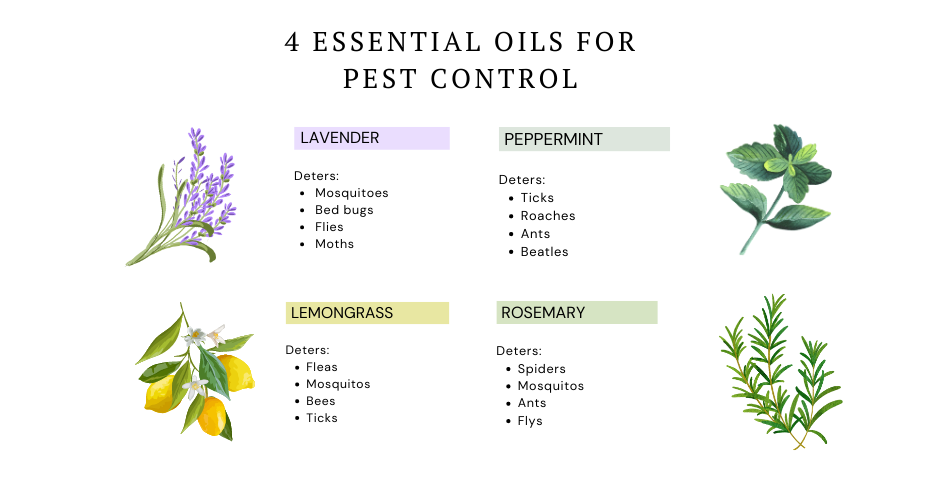
Herbs and essential oils are two of the most popular natural pest deterrents, as they are safe for humans and animals while still providing effective protection against pests. Studies have shown that certain herbs like peppermint oil can be just as effective in repelling rodents as traditional chemical repellents. Essential oils like lemon-eucalyptus also work well to repel insects such as mosquitos. Natural remedies offer a healthier and more sustainable alternative to traditional pest repellents, making them an ideal choice for those looking to protect their home from pests without compromising their safety or the environment. Below are some common Maryland pests and the essential oils and herbs that can be used to deter them.
Ants
Ants are one of the most common pests found in Maryland. To keep them away from your home, try using peppermint oil or tea tree oil around entry points or near ant trails. You can also sprinkle cayenne pepper or cinnamon around the perimeter of your home to deter them from entering.
Bed Bugs
Bed bugs can be difficult to get rid of once they’ve infested your home. To prevent an infestation, try using lavender oil or eucalyptus oil on your mattress and bedding. You should also vacuum regularly and wash all linens in hot water at least once a week.
Fleas
Fleas can be a nuisance for both humans and pets alike. To keep fleas away from your home, try using citronella oil or lemongrass oil around entry points or near pet beds. You should also vacuum regularly and wash all pet bedding in hot water at least once a week.
Spiders
Spiders may not always cause harm, but they can still be an unwelcome sight in the home. To keep spiders away from your home, try using clove oil or rosemary oil around entry points or near windowsills. You should also vacuum regularly and dust cobwebs away as soon as you see them forming.
Eco-Friendly Traps: Trap Your Pests for Removal Without Any Sprays or Treatments
Traps are an essential part of eco-friendly pest control. They are safe and non-toxic and can be used to control different pests like mice, roaches, and fleas. Unlike traditional traps, eco-friendly traps can help you control the pest population without using toxic chemicals. We have created a list of eco-friendly traps that can be used for various Maryland pests.
Glue boards:
These sticky traps are effective against mice, rats, cockroaches, and other crawling insects. They are non-toxic and do not use any chemicals or pesticides.
Snap traps:
These mechanical traps are designed to quickly catch rodents such as mice and rats. They do not use any poisons or chemicals, making them an eco-friendly option for pest control.
Electronic traps:
These devices emit high frequency sound waves that repel certain pests such as mosquitoes and flies. They are safe to use around children and pets and do not require the use of any chemicals or poisons.
Live capture cages:
These cages trap animals such as squirrels, raccoons, skunks, opossums, and birds without harming them. The captured animal can then be released into a more suitable environment away from your home or business.
Organic Pesticides: Non-Toxic and Effective
You may hear the word pesticides and instantly think danger. Well, that's not always the case! There are plenty of organic, non-toxic pesticides out there that are just as effective at deterring pests you may find in your Maryland home or business. Organic pesticides offer a number of benefits over their chemical counterparts. They are safe for humans, animals, and the environment, and they don’t leave behind any harmful residues or toxins. We listed some safe, organic pesticide options below as well as which pests they deter.
Neem oil:
Neem oil is derived from the neem tree and has been used as an insecticide for centuries. It works by disrupting the hormones of insects, preventing them from reproducing and feeding. When applied directly to fleas, it acts as an irritant that causes them to flee. It also has antifungal properties that help keep your home free of mold and mildew.
Basil Oil:
This essential oil derived from basil leaves has been found to be effective at repelling flies when sprayed around windows and doors or directly onto the insects themselves. The strong scent of basil masks other odors that attract flies, making it an ideal choice for keeping your home fly-free.
Orange Oil:
This natural oil derived from orange peels has been proven effective at killing cockroaches when sprayed directly onto them. The oil works by blocking their respiratory system, causing them to suffocate and die within minutes.
Diatomaceous Earth:
Diatomaceous earth is a naturally occurring substance made up of fossilized diatoms. It works by cutting into the exoskeleton of insects, dehydrating them and eventually killing them. This works well for spiders and ants.
Conclusion
By following these eco-friendly and organic pest control options, you can keep your home pest-free and protect the environment. These options are safe and non-toxic and do not harm humans, pets, and the ecosystem. Adopting these pest control options will enable you to protect your home from pests while reducing your carbon footprint. Sustainable pest control is a more responsible and healthier way of addressing pest infestations, and it is worth considering. When choosing a pest control service consider one like Warrior Pest that has eco-friendly and organic pest control options!
